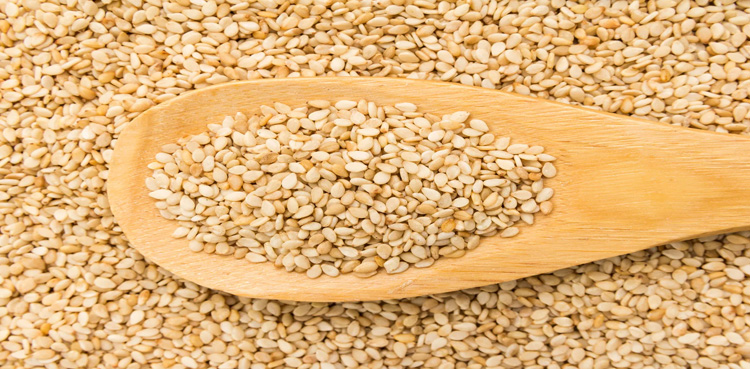
BEIJING: Pakistani sesame export has surged from over 100,000 tons in 2020 to 150,000 tons in 2021 since being allowed to be exported to China.
“While the devastating floods in 2022 substantially reduced its exports, it is expected to have a bumper harvest as there had been an increase in seeding by 25% since sellers got better price last year”, said Ms Li Yuanyuan, Director of Greater China region of JKT Foods, an agricultural produce trade company.
In an interview following the China International Sesame Conference held last week in China’s costal city Qingdao, she said, “Before Pakistani sesame is allowed to enter China, most of our products were sold to the Middle East. China offers a vast market to Pakistani sesame”.
Under good weather conditions, the stable quality, void of pesticide residue and fair colour of Pakistani sesame give it a competitive edge in the international market, she said.
“Besides, shipping to China is very quick. The fastest direct ship can reach the Chinese port in 12-14 days”, Ms. Li said.
Pakistani sesame hits the Chinese market in around October each year, so there will be enough time for sale before the Chinese Lunar New Year, which usually marks a peak in consumption. “That being said, the time when sesame comes in the Pakistani market coincides with the rainy season. If it rains, the quality of sesame will be compromised, and Chinese buyers can only choose sesame from other countries as a substitute”, Ms Li added.
Pakistan exports 80% of the total production of sesame seeds crop. Currently, Iran and China are the big buyers of Pakistan sesame but other countries are gaining market share due to an increase in hulled exports.
China’s imports of sesame account for almost 1/3 of the world’s production. Since 2020, its import exceeded 1 million tons for three consecutive years, providing a huge market for Pakistani producers.
Pakistan’s sesame production is also catching up. In recent years, the use of hybrid varieties has greatly increased sesame harvests mere 36,000 tons in 2019 to over 150,000 tons in 2022 despite the devastating floods. The increase is mainly from the id variety due to high demand and better quality when compared to the Farmi variety, the size of which has been reduced by 50%, due to less demand, quality issues and high FFA value.
“But overall crop this year is difficult to predict as of now the weather plays a big role”, Ms Li said.
She told that at present, most of the Pakistani sesame exported to China is raw sesame. In the next few years, as Pakistan’s sesame processing technology advances, highly processed sesame, such as colour-selected sesame and peeled sesame seed is expected to gain more popularity in the Chinese market.
from ARY NEWS https://ift.tt/E5jNqyu